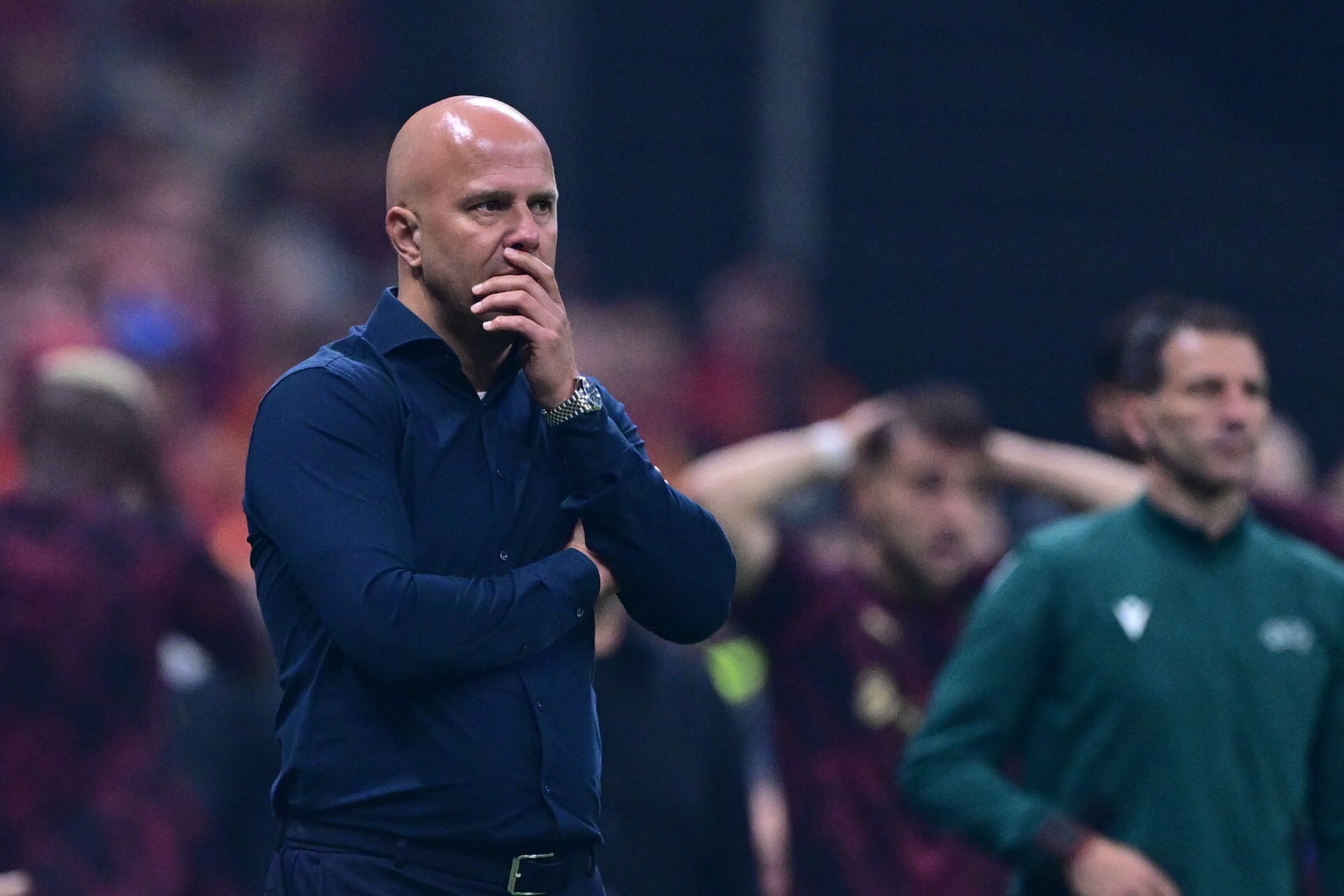Argentina ready to renew rivalry with Uruguay
CORDOBA - Argentina and Uruguay renew one of the world's oldest football rivalries when they clash in the Copa America quarter-final at Santa Fe's Brigadier Estanislao Lopez stadium, otherwise known as 'Elephant's Graveyard', on Saturday.

Whichever team progresses will retain the chance of winning a record 15th South American championship in the oldest active international football competition.
The two countries have met more than 170 times in a little over a century - the last a World Cup qualifier in Montevideo in October 2009 won 1-0 by Argentina.
"It's a match full of history... the kind of match we [footballers] like," Uruguay's lanky, widely-travelled 34-year-old striker Sebastian "Loco" Abreu told reporters.
Yet this rivalry, known as "El clasico del Rio de la Plata" (River Plate), only came about due to the quirks of Spanish colonial history in the Americas.
Under the Spanish, Buenos Aires and Montevideo were two leading towns in the vice-royalty of the Rio de la Plata but when the citizens of what is now the capital of Argentina began their move for independence in 1810, Montevideo got left behind.
About 20 years later, Uruguay also gained independence as did many of the new nation states of the continent in often haphazard political divisions.
The British, who boasted the oldest footballing rivalry in the once regular confrontations between England and Scotland, then brought the two shores of the River Plate together again through sport only for soccer to generate another big divide.
The best features, fun and footballing quizzes, straight to your inbox every week.
"GARRA CHARRUA"
The first official meeting between Argentina and Uruguay was in 1901 and all the names on the team-sheets were British, from clubs either side of the River Plate estuary founded by the burgeoning community of Britons doing business in the region.
Gradually, Argentines and Uruguayans of Spanish, Italian and native origins took over the game, imprinting on it their own style with subtle differences on either shore.
The Uruguayans developed what is known as "garra charrua", a fighting spirit akin to the native Charrua tribe that inhabited the land before the Spanish and Portuguese colonists arrived.
The Argentines had more of a penchant for a short-passing, attacking game they call "la nuestra" - simply "ours."
Uruguay, on top of the world with two Olympic and two world titles in the first half of the last century, have regained some of their past pride by reaching the World Cup semi-finals in South Africa last year.
Argentina, having lost one Olympic final 2-1 in a replay and one World Cup final 4-2 to Uruguay, finally got themselves organised and won two world crowns themselves.
The big match in South America for the better part of half a century then without doubt became Argentina against Brazil, who as hosts and holders respectively started the Copa America as favourites.
Uruguay, thanks to past and present exploits, may have other ideas as they bid to kill off the mighty beasts of Argentina in their own graveyard.
